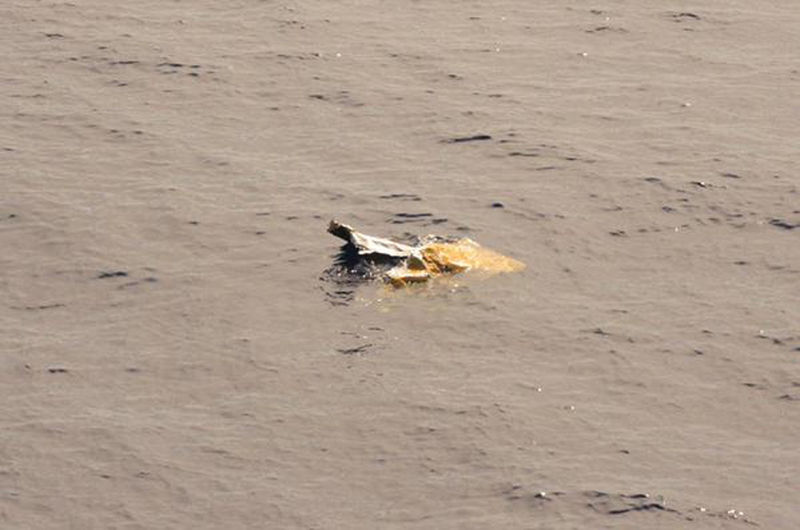By Barbara Liston
JACKSONVILLE, Fla. (Reuters) - Deep seas may complicate efforts to find the sunken U.S. cargo ship lost off the Bahamas during Hurricane Joaquin, a federal safety investigator said, as a search and rescue mission for 32 missing crew stretched into a sixth day.
A U.S. National Transportation Safety Board team arrived on Tuesday in Jacksonville, Florida, the port the El Faro departed from last week en route to San Juan, Puerto Rico. The ship disappeared in what maritime experts have called the worst cargo shipping disaster involving a U.S.-flagged vessel in more than 30 years.
Before leaving Washington, NTSB member Bella Dinh-Zarr said the investigation would be difficult given that the ship sank in an unknown location, possibly in 15,000-feet (4,750-meter) deep waters. Its last known location was off Crooked Island in the Bahamas.
"It's a big challenge when there's such a large area of water and at such depth," Dinh-Zarr said. "We hope for the best and that the ship will be recovered."
On Monday, the ship's owner, Tote Inc, said the New Jersey-based company would "cooperate fully" with the NTSB.
"All the information that we have will be made available to them," said Tote President and Chief Executive Officer Anthony Chiarello. "We will find out what happened."
Tote told reporters in Jacksonville the vessel was undergoing engine room work before it sank off the Bahamas.
The U.S. Coast Guard said its air and sea crews had yet to locate any survivors from the El Faro. Only the body of one presumed crew member has been found so far.
The ship was crewed by 28 U.S. citizens, as well as five Polish nationals who were members of a so-called "riding gang" commonly hired to perform repairs and maintenance.
But officials have acknowledged there is scant chance of finding survivors given El Faro disappeared in ferocious winds and seas up to 50 feet (15 meters) high.
The NTSB's Dinh-Zarr said finding the sunken ship would be "a big challenge" but it had not been ruled out. Doing so would allow investigators to retrieve the vessel's black box voyage data recorder which preserves the last 12 hours of engine orders and communications from the bridge.
"We hope for the best and that the ship will be recovered." Dinh-Zarr said.
The NTSB will also check the ship's maintenance records and other paperwork, Dinh-Zarr told reporters.
She said investigators hope to find as much material as possible amid two large debris fields strewn with items from El Faro. So far the Coast Guard has reported seeing a life raft, life jackets, life rings, and cargo containers, amid white polystyrene packing foam bobbing in the ocean.
The 790-foot (240-meter) ship was piled high with containers and also was weighed down with trailers and automobiles below deck, according to Coast Guard officials.
The company has not explained why the ship was traveling amid a hurricane that reached Category Four on the five-step Saffir-Simpson scale of intensity.
The El Faro left Jacksonville on the night of Sept. 29, just after U.S. forecasters warned that then-Tropical Storm Joaquin was poised to strengthen into a hurricane.
Its crew issued a distress call about 36 hours later, saying it had lost propulsion, was listing and had taken on water after sailing into the path of Joaquin. It was never heard from again.
Tote officials told a news conference on Monday night they did not believe the engine room work underway on El Faro was related to the propulsion problem reported in the distress call.
Philip Greene, a retired rear admiral who heads the ship management subsidiary Tote Services, said engine failure sealed the fate of El Faro, however, making it impossible to steer in the face of a brutal storm.

"I think what's regrettable in this is the fact the vessel did become disabled in the path of the storm, and that is what lead to ultimately the tragedy, Greene said.